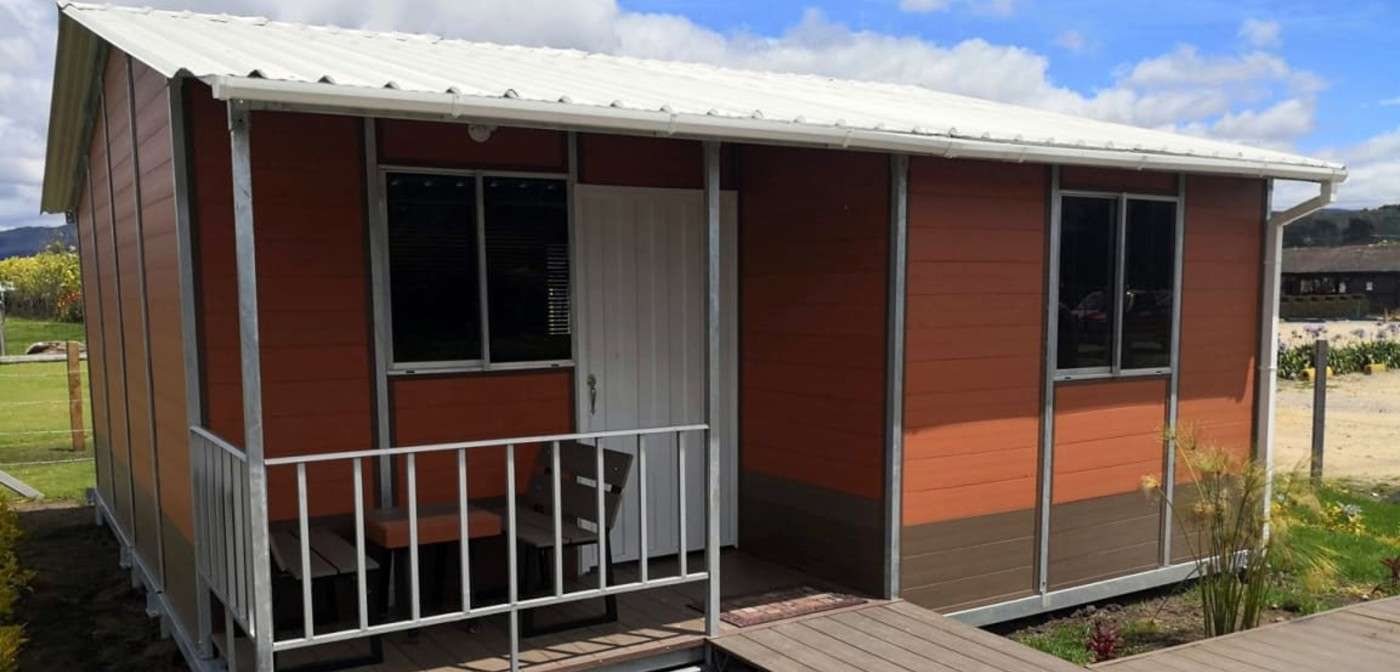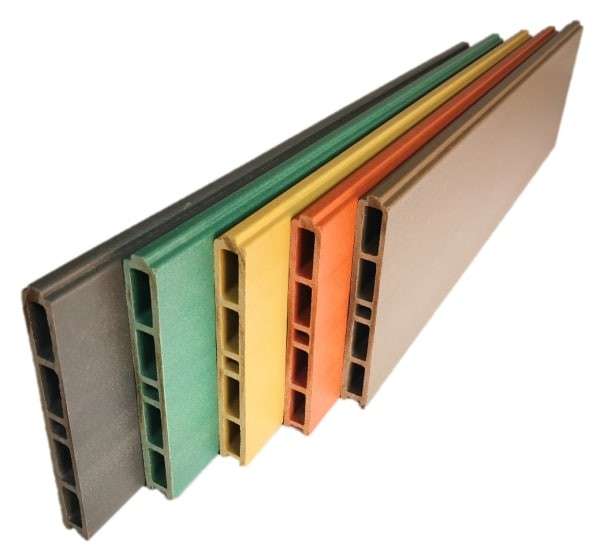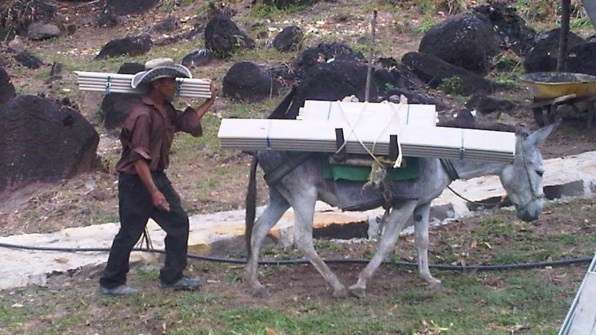World's First Home Hydrogen Battery Powers Your House for 3 Days, is Recyclable, and Not a Fire Risk
LAVO's green hydrogen battery system can capture and store solar energy and power your house for 3 days, lasts 30 years, and is recyclable.

In a country with both housing shortages and world-leading coffee production, a small construction company has, quite brilliantly, found a way to leverage one in order to fix the other.
Coffee husks, a papery material surrounding the prized beans, are being turned into resilient, light, and versatile building materials that can make the panels of a house for as little as $4,500.
The Bogota-based Woodpecker, which tried to develop a material from rice fiber, palm fronds, sawdust, and even recycled plastic, eventually settled on coffee husk for its availability, fire resistance, and insect/waterproofing. Another benefit? Utilizing coffee husks would stop them ending up in landfills where they would add to the methane emissions of the country.

"We saw that there was a huge necessity for a lightweight construction system for housing and classrooms in rural and isolated places where traditional construction systems cannot go—like bricks, cement, and concrete," said CEO Alejandro Franco.
The prefabricated "casa kits" have to be able to be loaded and transported on small boats, helicopters, or even on the back of a donkey, and for the most part they can.

Each kit consists of lightweight steel frames that, like LEGO, can click together with minimal tool use, and coffee husk boards that can be attached to the steel frames without need for nails and screws.
Woodpecker has been in this game for 10 years, and recently built their 2,500th house.
When category 5 Hurricane Iota hit the Colombian island of Providence in November, destroying more than a thousand homes, the company donated two complete houses that the army received and assembled, which as Franco told Adele Peters at Fast Company, was a real boon to a community.
"The system worked perfectly considering that there was no energy supply, the soil was muddy, the airport damaged, no food, etc.—all the problems that you can imagine," he said. "We think our houses are an excellent solution for the housing crisis there."
SHARE the Java-Related News With Pals on Social Media…
Be the first to comment